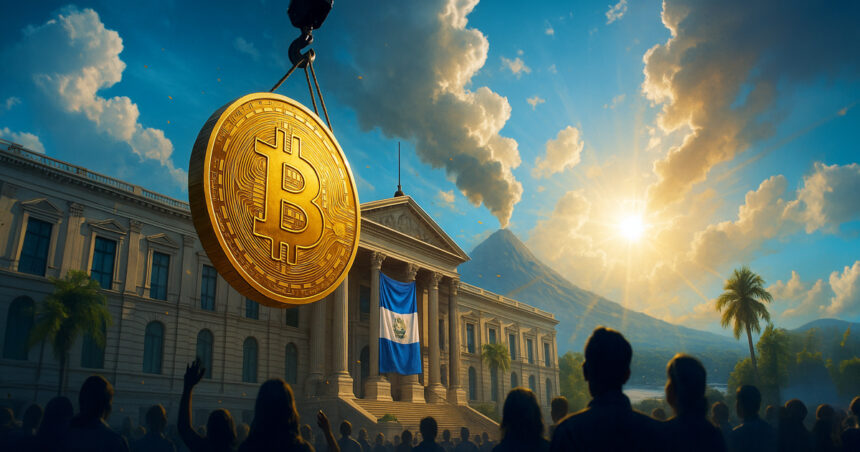
El Salvador executed its largest single-day purchase of Bitcoin (BTC) since its introduction in 2021, acquiring approximately 1,090 BTC worth approximately $100 million as the price dipped below $90,000 on November 18th.
President Nayib Bukele revealed the transaction on X with a screenshot of the government’s Bitcoin dashboard showing that the total holdings had risen to 7,474 BTC (equivalent to between $680 million and $700 million at current prices).
The acquisition represents a 17% increase in national reserves in seven days and represents the most significant addition to El Salvador’s stack in a single session.
The buying comes amid a broader decline in risk assets, erasing Bitcoin’s 2025 gains and sending the price nearly 30% below its October record of above $126,000. The drawdown was due to doubts about the Federal Reserve’s interest rate cuts and a correction in artificial intelligence stocks.
This purchase extends El Salvador’s dollar-cost averaging program launched in November 2022 with a promise to acquire 1 BTC per day.
The government maintains its accumulation strategy through both bullish and bearish cycles, sometimes adding larger tranches when prices plummet.
On-chain structure and transparency
The new coins will flow into El Salvador’s Strategic Bitcoin Sanctuary, a custodial framework introduced by the National Bitcoin Authority in August 2025. The structure distributes holdings across multiple wallets, each with a limit of 500 BTC, with a public dashboard to aggregate balances.
Prior to the recent purchase, the disclosed reserves ranged from 6,100 to 6,313 BTC. Bukele’s updates from May and September show he had hundreds of millions of dollars in unrealized gains at a time when Bitcoin was trading at nearly $100,000.
Third-party trackers such as Bitcoin Treasuries and KuCoin are currently reporting the latest figure of 7,474 BTC. Although this acquisition represents a small portion of daily Bitcoin volume, it has important implications for the thin spot order book during the risk-off session.
The timing makes El Salvador one of the few institutional investors willing to add exposure as exchange-traded funds record net outflows.
Additionally, the purchase reignites friction with the International Monetary Fund (IMF).
El Salvador has secured a 40-month, $1.4 billion Expansion Fund facility from the end of 2024 to early 2025, and the loan document calls on the government to roll back provisions of the 2021 Bitcoin Act.
Payment of taxes in Bitcoin was prohibited, and private sector acceptance moved from mandatory to voluntary. The IMF staff report said authorities “remain committed to not increasing public sector exposure to Bitcoin,” and directors welcomed the commitment, even as they warned about financial stability and fiscal risks.
In March, El Salvador pledged to “no longer accumulate Bitcoin at the public sector-wide level” as part of the program. But Bukele kept buying anyway.
The government maintained its daily purchasing policy after the IMF agreement, carrying out a ceremonial purchase of 21 BTC in September to commemorate “Bitcoin Day,” which contradicted the terms of the program.
IMF officials have sought to reconcile the discrepancy, saying the increase in the Strategic Bitcoin Reserve remains consistent with conditions, without clarifying how the National Bitcoin Authority’s purchases would avoid increasing national exposure.
Market depth and sovereign signaling
A $100 million order stream has symbolic weight beyond its size. El Salvador operates one of the few Bitcoin government bonds and has shown a willingness to cancel its multi-year IMF mandate.
The buying came as Bitcoin fell below $90,000 for the first time in nearly seven months, a threshold that triggers selling by leveraged positions and institutional investors.
From a market microstructure perspective, this trade provides visible support in the form of a thin book during a session when most institutional investors fled risk assets.
The government’s dashboard update and Mr. Bukele’s disclosure strengthen the administration’s commitment to accumulation despite short-term price fluctuations and external pressure from multilateral financial institutions.
(Tag translation) Bitcoin


